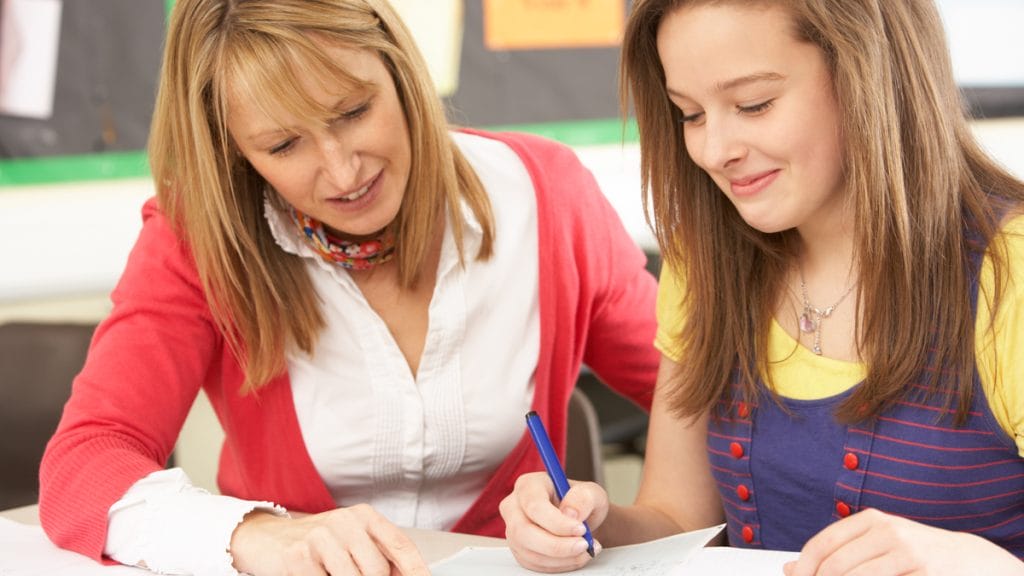Support for learning
Many children need support in their learning. Under the Basic Education Act, in addition to teaching provided within the framework of the curriculum, a pupil has the right to receive guidance counselling and sufficient support for learning and school attendance for the entire period of their comprehensive studies. Support must be provided as soon as the need for it is observed.
The pupil may need support for learning and studying only temporarily or for a longer period. The need for support may vary from minor to major needs, or the pupil may need many forms of support at the same time. The support provided by the school depends on the scope and quality of the pupil’s difficulties.
